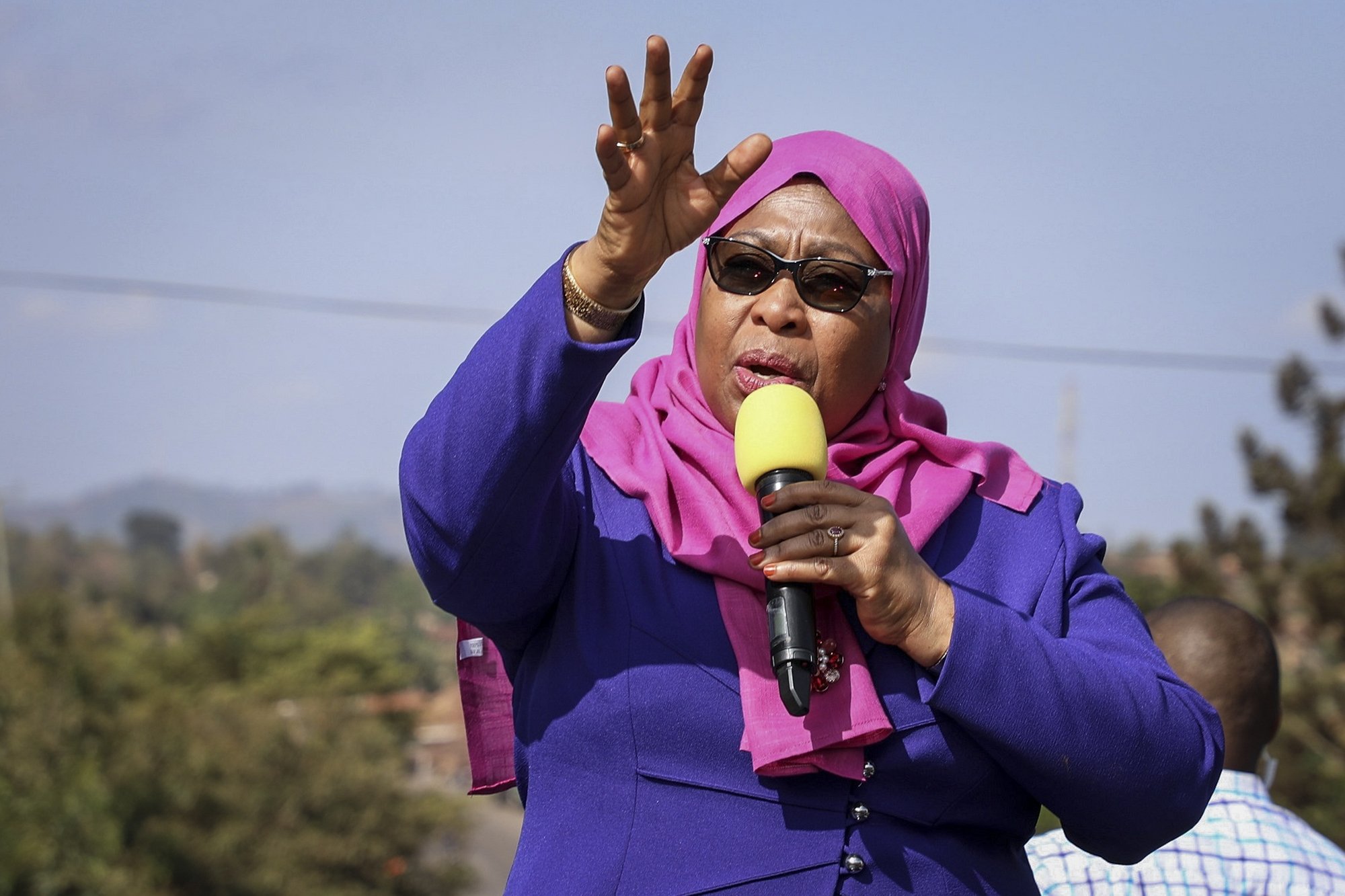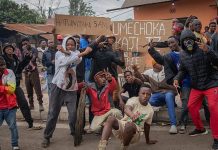AfricaPress-Tanzania: KAGERA farmers have paid tribute to President Samia Suluhu Hassan for her bold steps to strengthen cooperative unions and improve the lives of the farmers.
General Manager of the Kagera cooperative Union (KCU 1990 Ltd), Mr Edson Rugaimukamu commended the recent cabinet shake-up, appointment of permanent secretaries, their deputies and heads of public institutions.
He was optimistic that the reshuffles would speed up the revival of cooperative societies, which most of them were almost defunct.
“Cooperative unions play a key role in uplifting the lives of farmers. Most of the cooperative societies in the country had almost collapsed but she had taken bold steps to revive them,” he said.
KCU comprises about 134 Agricultural and Marketing Cooperative Societies (AMCOS). Out of the number 53 are in Muleba District, 27 in Missenyi, 51 in Bukoba Rural, while three others are in Bukoba Urban.
During the past three years, coffee production in the region increased from 52,000 metric tonnes during 2018/19 to 78,300 metric tonnes during 2020/2021 enabling the farmers to pocket about 96.4bn/-.
According to Mr Rugaimukamu, coffee farmers in Kagera region are encouraged to plant clonal coffee varieties which are resistant to coffee wilt disease (CWD), for increased yields and to earn more money.
Kagera is one of the leading producers of coffee in the country, with farmers in the region producing robusta coffee which constitutes 30 per cent of the total coffee production in the country.
But for years, the coffee produced by smallscale farmers has been threatened by smugglers who often take farmers’ produce at a throw-away price to neighbouring countries. In recent years, the government has taken measures to address the problem.
One of the steps taken was to ban the selling of coffee directly from farms. Growers are required to sell their produce only through farmers co-operatives. The robusta varieties were high yielding and resistant to the coffee berry disease. A well-managed robusta coffee plant could produce up to two kilograms enabling a farmer to pocket at least 6,000/- per kilogram compared to the current 1,200/- per kilogramme.
Clonal coffee yields three times more coffee and is resistant to the coffee wilt disease. The word clonal means that the coffee plants have been multiplied asexually from a single parent plant or clone. Coffee is grown in Bukoba, Muleba, Karagwe, Kyerwa, Ngara and Missenyi districts in the western areas along Lake Victoria. This constitutes about 30 per cent of the total coffee production in Tanzania.
However, for quite a long time the average production stood at 0.32 kg per tree due to lack of proper management while most of the coffee trees are over 60 years old. Key challenges experienced by smallholder farmers include poor extension services, high costs of inputs, adulterated inputs, low coffee price, and minimum level of engagement of youths in coffee production.
Other challenges are poor institutional support, poor marketing systems and effects of climate changes. All these challenges have contributed to low coffee productivity, poor coffee quality, low farm gate prices and coffee racketeering







